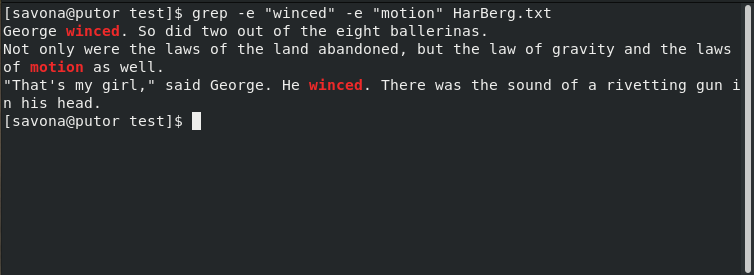

A traditional functor is an object initialized once and called several times. There is a big difference with a traditional functor.

Staticfunctor = staticfunctor._functor_classĬlassfunctor = classfunctor._functor_class ("_call_() not implemented for functor", self._class_._name_))Įxec("""class functor(functor, metaclass = metafunctor): > print reverse_words("please reverse words in this test sentence.")Įsaelp esrever sdrow ni siht tset ecnetnes. def subf(self, match): # helper functions and data are encapsulated in the functor 'A functor to reverse words in a sentence.' Of a functor to reverse the letters in each word of a sentence The benefit of defining functors instead of functions is to encapsulate helper dataĪnd methods for the task executed by the function. The instance's _call_ method is called instead. Myfunction("hello world") # myfunction is now a function and not a classĮach time myfunction is called, a *new* instance of the hidden class is created and Subclassing functor defines a function instead of a class, for example

Tests: tests can be run on the command line with 'python -m doctest -v Functor.py' """A base class to define functors, a special kind of function objects.Īuthor: Gribouillis, for the python forum at License: This program has been placed in the public domain Wrapmore = type('_classmethod', (classmethod,), dict()) Wrapmore = type('_staticmethod', (staticmethod,), dict()) Klass = type._new_(meta, class_name, bases, new_attrs) Raise TypeError("_init_() forbidden in functor class '%s'" % class_name) _all_ = ĭef _new_(meta, class_name, bases, new_attrs):


 0 kommentar(er)
0 kommentar(er)
